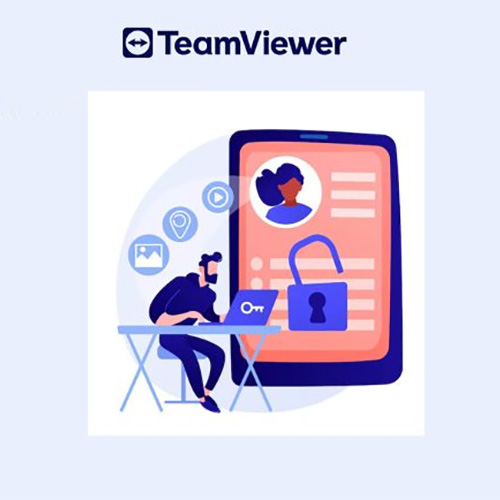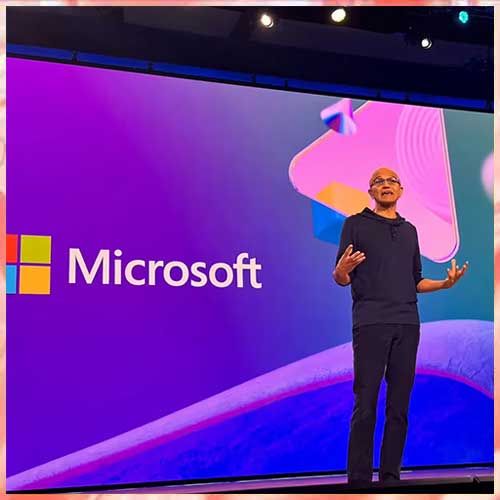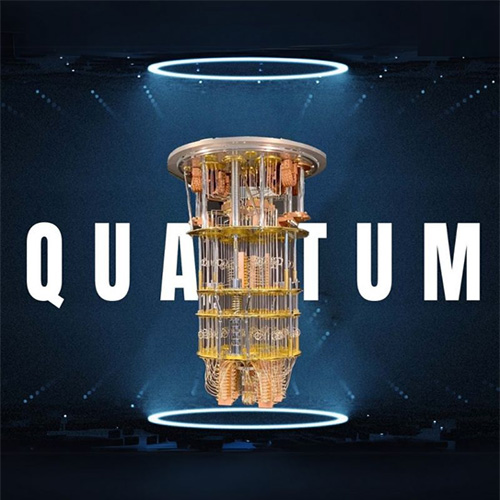Breaking News

The directive is based on national security concerns and affects all major platforms operating in India, such as Netflix, Amazon Prime Video, YouTube, and JioCinema.
In a significant move highlighting rising tensions and growing digital scrutiny, the Indian government has directed all OTT platforms and streaming services to remove all Pakistan-origin content with immediate effect. The advisory, issued as part of a national security measure, applies to every form of digital media—including films, web series, music, podcasts, documentaries, and short videos—irrespective of whether the content is free or subscription-based.
This sweeping Pakistan content ban (2025) affects global and domestic OTT platforms such as Netflix, Amazon Prime Video, YouTube, JioCinema, and others operating in India. The government’s stance underscores its belief that continued access to Pakistan-made content could pose security risks or be used as a soft-power tool amid ongoing geopolitical friction. This marks a decisive escalation in the Indian government vs OTT platforms debate regarding regulatory compliance and cross-border content regulation.
"In the interest of national security, all OTT platforms, media streaming platforms and intermediaries operating in India are advised to discontinue the web-series, films, songs, podcasts and other streaming media content, whether made available on a subscription-based model or otherwise, having its origins in Pakistan with immediate effect," the advisory read.
In a significant move highlighting rising tensions and growing digital scrutiny, the Indian government has directed all OTT platforms and streaming services to remove all Pakistan-origin content with immediate effect. The advisory, issued as part of a national security measure, applies to every form of digital media—including films, web series, music, podcasts, documentaries, and short videos—irrespective of whether the content is free or subscription-based.
This sweeping Pakistan content ban (2025) affects global and domestic OTT platforms such as Netflix, Amazon Prime Video, YouTube, JioCinema, and others operating in India. The government’s stance underscores its belief that continued access to Pakistan-made content could pose security risks or be used as a soft-power tool amid ongoing geopolitical friction. This marks a decisive escalation in the Indian government vs OTT platforms debate regarding regulatory compliance and cross-border content regulation.
"In the interest of national security, all OTT platforms, media streaming platforms and intermediaries operating in India are advised to discontinue the web-series, films, songs, podcasts and other streaming media content, whether made available on a subscription-based model or otherwise, having its origins in Pakistan with immediate effect," the advisory read.
While the advisory is not yet a formal law, the OTT platforms Pakistan content ban functions as a de facto mandate, compelling platforms to ensure complete removal of Pakistan-origin content or risk facing punitive action. Government officials have cited growing concerns about the use of digital platforms to subtly propagate narratives counter to India’s interests.
The advisory, issued by Deputy Director (Digital Media) in I&B Ministry Kshitij Aggarwal, said that several terrorist attacks in India have been established to have cross-border linkages with Pakistan-based State and non-State actors. The notification specifically mentioned the Pahalgam attack in which 26 civilians were killed.
This move has effectively blocked Pakistani shows and media content in India, impacting creators and audiences on both sides of the border. Some industry experts fear it may set a precedent for broader content restrictions in the name of national security.
As the order gains traction, viewers are witnessing an abrupt disappearance of cross-border cultural content. The Pakistan content blocked in India is part of a broader narrative on digital sovereignty, and may influence future legislation surrounding online media regulation. How OTT platforms respond in the long term could reshape digital entertainment norms in the subcontinent.
See What’s Next in Tech With the Fast Forward Newsletter
SECURITY
Tweets From @varindiamag
Nothing to see here - yet
When they Tweet, their Tweets will show up here.





























